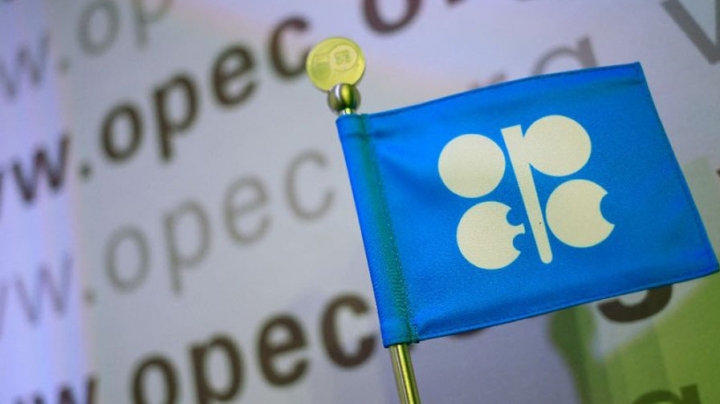OPEC countries to lower output, shale firms cheer

It was a moment U.S. shale oil producers have been waiting on for more than two years: OPEC nations finally agreed to cut production on Wednesday in a move that lifted low prices ravaging their budgets.
Two sources in the Organization of the Petroleum Exporting Countries said the group would reduce output to 32.5 million barrels per day (bpd) from current production of 33.24 million bpd, by around half the amount of global oversupply.
The agreement effectively establishes a floor on prices near $50 a barrel - around where many U.S. shale oil companies can make money and drill new wells. The floor is twice as high as where oil languished in the depths of the downturn.
"This gives U.S. producers more confidence,” said James West, partner at the investment firm Evercore ISI in New York. “They may become a touch more aggressive than they had planned to be.”
U.S. benchmark crude rose more than 5 percent to $47 a barrel on the news, pending final details about the cut, which won't be known until after another OPEC meeting in November.
One U.S. shale oil industry veteran likened the results of the prolonged price war to a bruising 12-round boxing match that ended in a technical draw.
After OPEC in mid-2014 let oil prices fall as it sought to regain market share, dozens of small and high-cost U.S. producers fell into bankruptcy.
Meanwhile, budgets of OPEC members from Venezuela to Angola shrank on a 60 percent slide in crude prices. And two days before the deal was announced, Saudi Arabia cut ministers' salaries by 20 percent and scaled back financial perks for public sector employees.
But in the United States the big shale companies - the ones responsible for the bulk of all new onshore domestic crude output - survived. They confounded OPEC by cutting costs and finding new ways to squeeze more oil from rock.
Read more at Reuters.
- Despite OPEC's hopes. Saudi Arabia DETERMINED to keep oil prices low
- Russia: No need for talks over freezing oil production
- Oil demand will have a lower rate in 2017, reports International Energy Agency
- Oil price jumps on Russian and Saudi agreement
- Oil prices fall on world markets. Here's main cause
- Oil prices plunge, as Iran says it will pump more